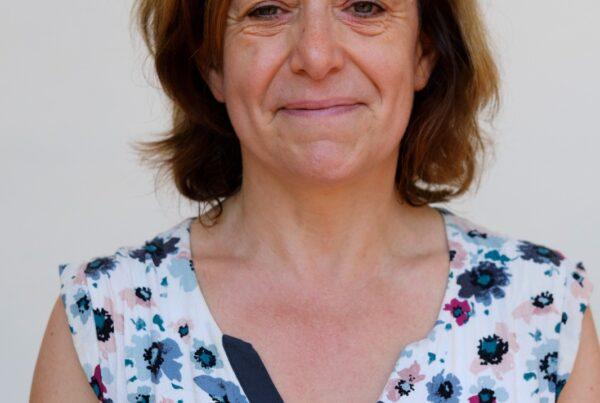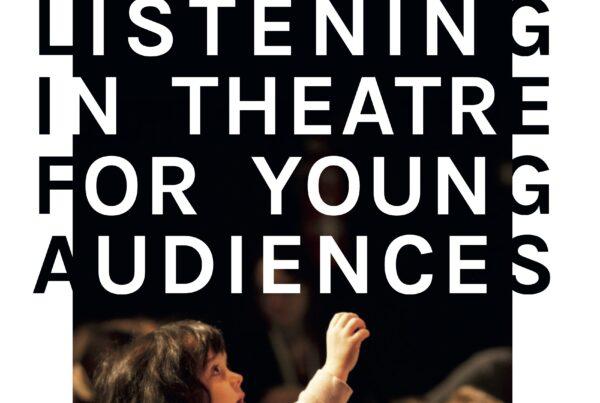Unlike the vast majority of EU-funded networks, ASSITEJ International is one of the most globalized networks. Indeed, most of our members come from outside the European Union. ASSITEJ has a prodigious expertise in global partnerships that we all should be proud of, and which serves the aims stated in our Constitution: ASSITEJ recognizes the essential right of all children and young people to enrichment through the arts and their own cultural traditions, especially theatre culture.
Last week, I was invited to represent ASSITEJ International at an on-the-ground all-day meeting in Brussels entitled INTERNATIONAL ACTION – Culture for co-creative partnerships: strengthening the cultural dimension of the European Union (EU) external relations.
As I live in Brussels, it was much more convenient for me to attend than for anyone else from the Executive Committee. A decision in line with our ASSITEJ sustainability policy, and, of course, finances.
In discussion with representatives of the EU commission and related stakeholders and other cultural networks, we talked about how the EU can support networks like ASSITEJ to extend their partnerships beyond the EU.
I learned and pondered a lot during and after the meeting.
I found it very important to attend this kind of meeting, and then to talk about it to our members via this opener. I was thrilled to represent the association and its thousands of members all around the world.
Unlike the vast majority of EU-funded networks, ASSITEJ International is one of the most globalized networks. Indeed, most of our members come from outside the European Union.
ASSITEJ has a prodigious expertise in global partnerships that we all should be proud of, and which serves the aims stated in our Constitution: ASSITEJ recognizes the essential right of all children and young people to enrichment through the arts and their own cultural traditions, especially theatre culture.
The breakout room I attended in the afternoon was about what policy and funding instruments are out there to serve European networks’ ambitions in international action?
During that session, I underlined that the ASSITEJ relationship with the EU must be a win-win partnership. Yes, ASSITEJ needs the support of the ‘Creative Europe’ program to implement all its activities around the world, but the EU also needs networks like ASSITEJ to develop actions outside the EU. And this must be realized without one side imposing its views onto the other, in the spirit of authentic collaboration. There is a general understanding of the fatigue some countries have regarding European approaches in exporting their ways of making culture. Decolonizing is a touchy subject, but it should be put on the table.
At the end of the day, I thought: Let’s make Culture for All one of the pillars of Sustainable Development. And a Weapon of Mass Construction.
Yannick Boudeau
EC Member of ASSITEJ International






